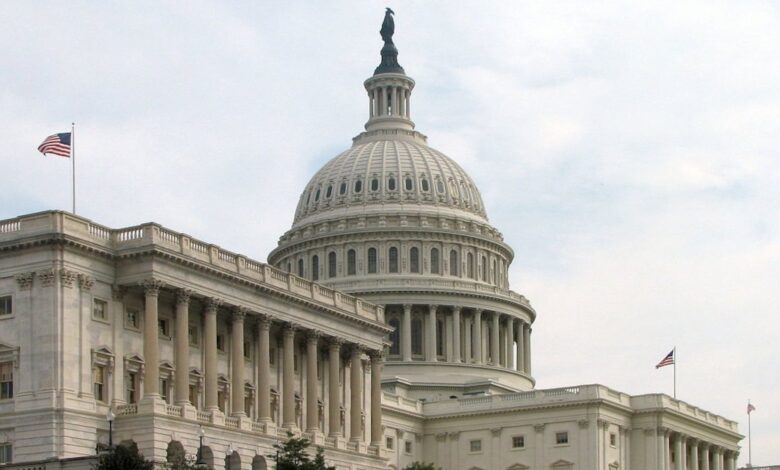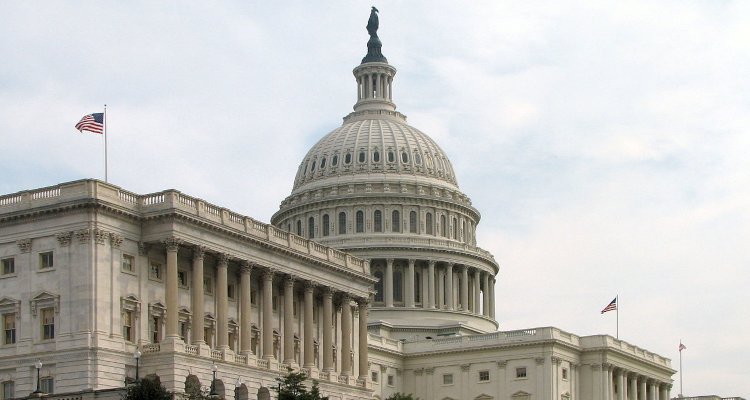Federal Lawmakers Weigh Bipartisan Bill That Would Compel ByteDance to Divest TikTok


The Senate side of the U.S. Capitol. Photo Credit: Scrumshus
Federal lawmakers are officially considering a bill, the Protecting Americans from Foreign Adversary Controlled Applications Act, that would compel Beijing-headquartered ByteDance to sell off TikTok.
Representative Cathy McMorris Rodgers, who chairs the House Energy and Commerce Committee, today announced a scheduled Thursday committee mark-up for the legislation (as well as the adjacent Protecting Americans’ Data from Foreign Adversaries Act).
Spanning 12 pages, the former bipartisan bill expressly defines TikTok – which has admitted to storing user data in China, where the Communist Party reportedly possesses backdoor access to the sensitive information – as “a foreign adversary controlled application.”
Under the relatively straightforward act, said adversary-controlled apps would effectively be outlawed (at the app-store and web-hosting levels alike) in the U.S., with massive per-user penalties in place for related violations. Meanwhile, the legislation calls for the parent companies of affected apps to hand over “all the available data” to users who request the information during a pre-ban window.
Impacted businesses, chief among them ByteDance, would have until this window’s conclusion to execute a “qualified divestiture” – thereby avoiding the far-reaching penalties described in the Protecting Americans from Foreign Adversary Controlled Applications Act.
Assuming the bill proceeds beyond committee, it’ll be worth following its legislative progress – particularly given the bipartisan support at hand and the potentially more palatable push for a sale as opposed to an outright shutdown.
Nevertheless, it’s worth noting that the bill represents one of many pieces of legislation targeting TikTok via a divestment requirement and/or a compelled cessation of operations. (To be sure, the lawmakers behind the above-highlighted bill, Representatives Mike Gallagher and Raja Krishnamoorthi, in December of 2022 introduced companion legislation for Senator Marco Rubio’s ANTI-SOCIAL CCP Act.) Needless to say, though, these measures have thus far failed to become law.
But the longstanding user-safety and data-collection concerns surrounding TikTok, which is grappling with an EU investigation over its impact on minors, have elicited comparatively prompt responses at the government level. TikTok is already banned on government devices and networks in a number of countries, states, and cities.
In other words, legislative threats to ban TikTok outright in the U.S., besides the underlying worries, are nothing new. However, the service is simultaneously facing a heretofore unencountered obstacle in the form of a licensing impasse with Universal Music Group (UMG). To the apparent dismay of many users, the removal of the Universal Music Publishing Group parent’s recordings and compositions (with the latter affecting releases from non-UMG artists as well) is in full swing.



